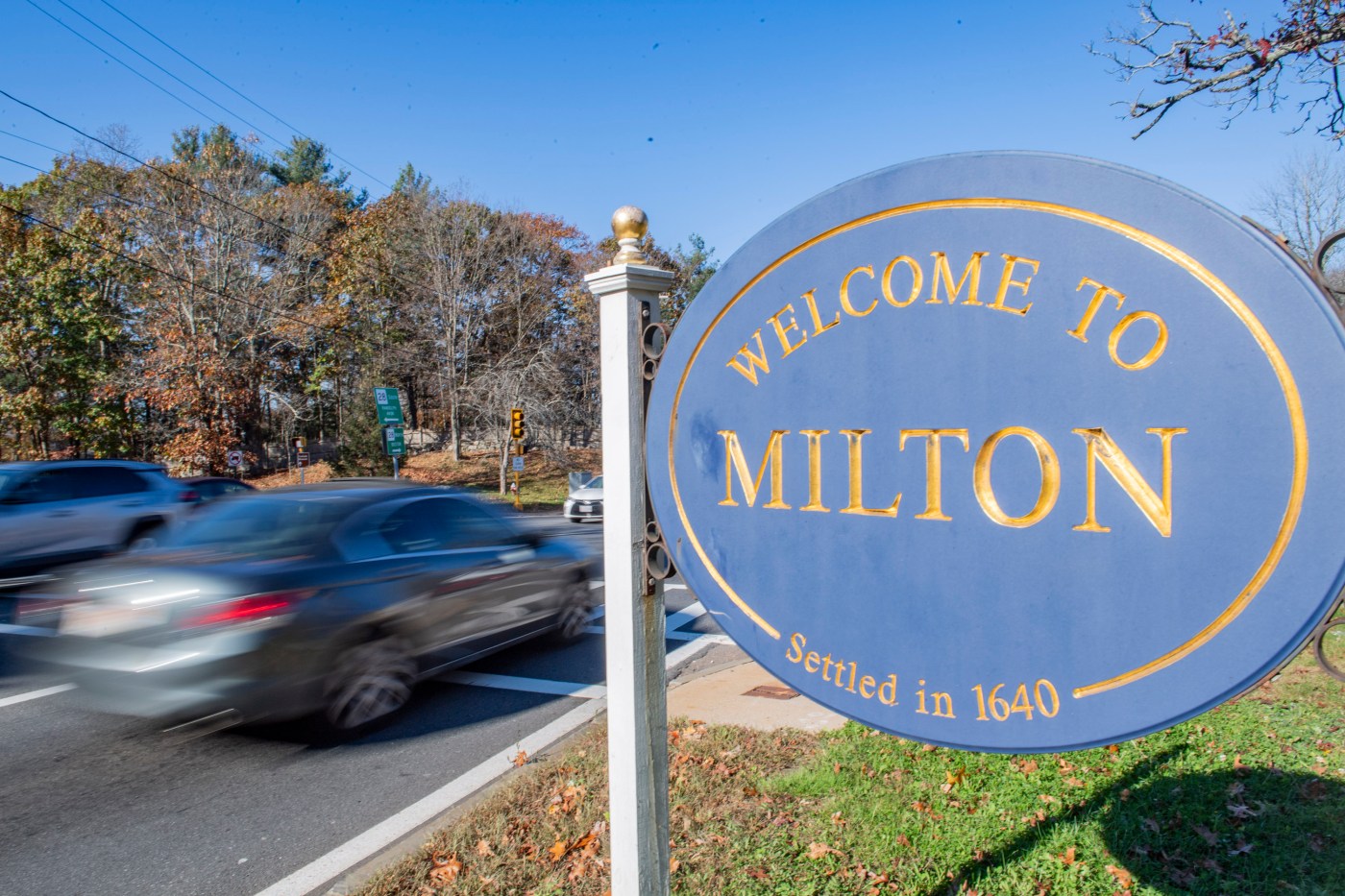
Milton Select Board chair calls loss of state funds due to MBTA zoning denial ‘unconscionable’
Milton has started to lose some state funding after residents overturned a state-mandated zoning plan, an action executed by the Healey administration that the chair of the Select Board is calling “unconscionable.”
Chairman Michael Zullas, speaking for himself, not the board, told the Herald he believes the town “should fight” back against Gov. Maura Healey’s administration to retrieve current funding reductions and prevent future withholdings.
“I find this action by the Healey-Driscoll Administration to be precipitous, punitive, wholly unnecessary, and contrary to their stated goal of working constructively with municipalities,” Zullas said in a text message. “As Chair of the Select Board, I will do everything I can to fight this and any future grant withholding. It is unconscionable to me that the state would harm our town by withholding funding.”
Zullas’ comments came hours after state Housing Secretary Ed August informed Town Administrator Nicholas Milano that Milton is no longer eligible for a $140,800 grant award it received late last month for seawall and access improvements at Milton Landing.
In addition, the town won’t be eligible to receive MassWorks and HousingWorks grants, programs focused on supporting and accelerating housing production. Milton will also be at a “competitive disadvantage for the 13 discretionary grant programs offered by the Executive Office of Housing and Livable Communities,” Augustus wrote.
“Milton’s current non-compliant status means the town will begin losing out on significant grant funding from the state, effective immediately,” Augustus wrote to Milano in a letter released to reporters on Wednesday.
This all comes after residents voted last week not to comply with the MBTA Communities Act, which requires 177 cities and towns across Greater Boston to allow at least one zoning district “of reasonable size,” in which multi-family housing is permitted “as of right,” generally half a mile near a transit station.
Milton is the only municipality not to comply.
Augustus and Attorney General Andrea Campbell outlined in separate letters to town officials last month how Milton’s eligibility for a “wide variety of state funding” would be impacted if voters rejected compliance with the state law which would also trigger legal repercussions.
Milano also warned the Select Board what was at stake ahead of last week’s referendum in which 54% of the roughly 9,500 ballots cast were against compliance. He highlighted how the town over the past several years has secured “$1.7 million in grant funding that comes through discretionary and competitive grant programs funding projects such as safer streets, school improvements, and a new website.”
Zullas told the Herald he believes the town “should explore all options” in how it could fight back against the state.
“It is time for us to come together as a town to find a workable solution to the MBTA Communities Act,” he said, “and the state’s actions today only serve to sow further division. It is against the spirit of collaboration that the state has pledged. It might even be against the law.
Residents initially approved a plan at Town Meeting in December after a long series of public hearings and debate between community members.
That plan would have paved the way for construction of more than 2,400 housing units across a handful of neighborhoods in town. But a group dubbed ‘Milton Neighbors for Responsible Zoning’ garnered 3,000 signatures on a petition requesting the zoning article be brought in front of voters as a ballot question, prompting last week’s vote.
It also “would have been in interim compliance with the law,” Augustus wrote in his letter Wednesday. Healey’s administration provided $80,000 worth of community planning grants for technical assistance to help the town comply with the zoning bylaw, he added.
The state Legislature passed the MBTA Communities Act in January 2021, with the Senate adopting the law unanimously and the House favoring it with 143-4 approval. Then Gov. Charlie Baker subsequently signed the act into law.
“The law is clear – compliance with the MBTA Communities Law is mandatory,” Augustus wrote. “If we do not all come together to build more housing, we will not be able to overcome our affordability crisis. We need every community to do their part.”


